Modi govt to bring more reforms, raise farm investment : President
Thu 20 Jun 2019, 17:09:01
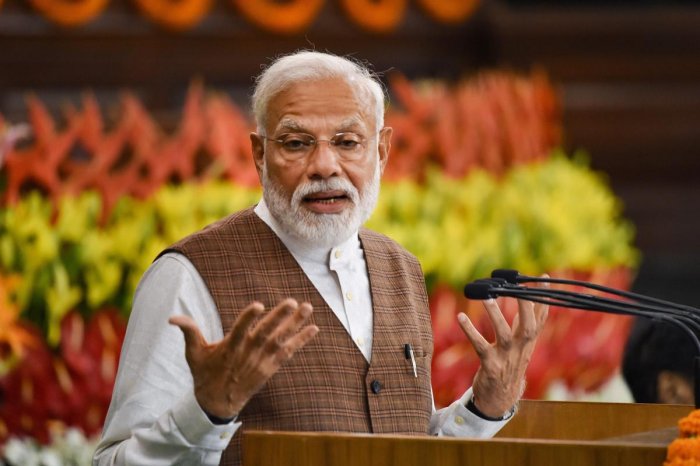
New Delhi: Prime Minister Narendra Modi-led government in its second term will implement more economic reforms, raise investment in the farm sector, provide collateral-free loans to entrepreneurs and further simplify GST to boost economic growth, President Ramnath Kovind said Thursday.
The government will shortly bring a new industrial policy to make India a manufacturing hub and the process of simplification of rules will be expedited to propel the country into top-50 nations on the ease of doing business ranking, he said.
A day after Commerce Minister Piyush Goyal ruled out allowing foreign companies into multi-brand retailing, the President in his customary address to the joint sitting of the two Houses of Parliament said a National Retail Trade Policy is on the anvil.
“Today, India is among the fastest-growing economies in the world. Inflation is low, fiscal deficit is under control, foreign exchange reserves are growing and the impact of Make In India is clearly visible,” he said.
India, he said, is on the way to become the world’s fifth-largest economy in terms of GDP.
“To maintain a high growth rate, the reform process will continue. It is our objective to make India a 5-trillion dollar economy by 2024,” he said.
While new Finance Minister Nirmala Sitharaman will present the first budget of the Modi government’s second term on July 5, his speech laid out priority areas for the government.
Taking reforms forward to push GDP growth, which has slipped to 5-year low of 6.8 per cent in 2018-19, is the top priority. With a forecast of below-normal rainfall in many parts of the country, addressing agrarian distress is also on the agenda as is job creation.
“Only on the foundation of a strong rural economy, it is possible to build a strong national economy. Our farmers are the pillars of the rural economy. All possible efforts are being made by the central government to provide adequate assistance to the states for agricultural development,” Kovind said.
“In order to enhance agriculture productivity, an investment of Rs 25 lakh crore will be made in the coming years.” The President said while the Pradhan Mantri Mudra Yojana is being extended to cover 30 crore persons, a facility for entrepreneurs to avail loan of up to Rs 50 lakh without any guarantee will be introduced.
Also, the credit guarantee coverage is being enhanced to Rs 1 lakh crore for the MSME sector.
“Apart from this, new employment opportunities will be generated through appropriate policies in sectors which have the potential to accelerate the economy,” he said.
He mentioned the government’s decision to extend the annual Rs 6,000 cash
dole to all farmers, a move that will now cost Rs 90,000 crore as against Rs 75,000 crore when the scheme only benefited small and marginal farmers.
dole to all farmers, a move that will now cost Rs 90,000 crore as against Rs 75,000 crore when the scheme only benefited small and marginal farmers.
A pension scheme for farmers has also been approved, while Rs 13,000 crore has been allocated to a new scheme for treatment of livestock and a target of creating 10,000 new farmer cooperatives is set to boost farm income.
For traders, who traditionally have supported the BJP, a pension scheme for three crore small shopkeepers and retail traders has been approved.
“National Traders Welfare Board will be constituted shortly, and National Retail Trade Policy will be formulated to promote retail business. Accident insurance of up to Rs 10 lakh will also be provided to all traders registered under GST,” he said.
The President also said, “Keeping in view Industry 4.0, a New Industrial Policy will be announced shortly.” India, he said, has leapfrogged 65 positions on the World Bank’s Ease of Doing Business ranking during the past 5 years from a ranking of 142 in 2014 to 77.
“Now, our goal is to be among the top 50 countries of the world. To achieve this, the process of simplification of rules will be further expedited in collaboration with the states. In this sequence, necessary amendments are also being brought in the Companies Law,” he said.
On taxation, he said simplification of the taxation system is being emphasised.
“Indirect tax system is also being made simple and effective. With the implementation of GST, the concept of ‘one country, one tax, one market’ has become a reality. Efforts to further simplify the GST will continue,” he said.
After the success of the ‘Jan-Dhan Yojana’, the government is now working to bring banking services to the doorsteps of the people, he said.
“About 1.5 lakh post offices in the country are being prepared to provide banking services through ‘India Post Payment Bank’,” he said.
The President said direct benefit transfer (DBT) has helped save Rs 1.41 lakh crore of subsidy going to unintended beneficiaries.
“It has also enabled deletion of names of about 8 crore ineligible beneficiaries,” he said. “DBT will be further expanded in the coming days. I would urge the state governments to use DBT in more and more schemes.” He also said the government is simplifying rules to improve the start-up ecosystem.
“This campaign will be further expedited. Our goal is to establish 50,000 start-ups in the country by 2024.”
To boost infrastructure, 35,000 kilometre of national highways will be constructed by 2022, while a network of good-quality roads is being laid in coastal areas to join ports.
No Comments For This Post, Be first to write a Comment.
Most viewed from National
Most viewed from World
AIMIM News
Delhi Assembly polls: Owaisi leads Padyatra in Okhla
Feb 01, 2025
We reject this Waqf Amendment Bill: Asaduddin Owaisi
Jan 30, 2025
Latest Urdu News
Most Viewed
May 26, 2020
Which political party will win the Delhi Assembly polls to be held on Feb 5?
Latest Videos View All
Like Us
Home
About Us
Advertise With Us
All Polls
Epaper Archives
Privacy Policy
Contact Us
Download Etemaad App
© 2025 Etemaad Daily News, All Rights Reserved.

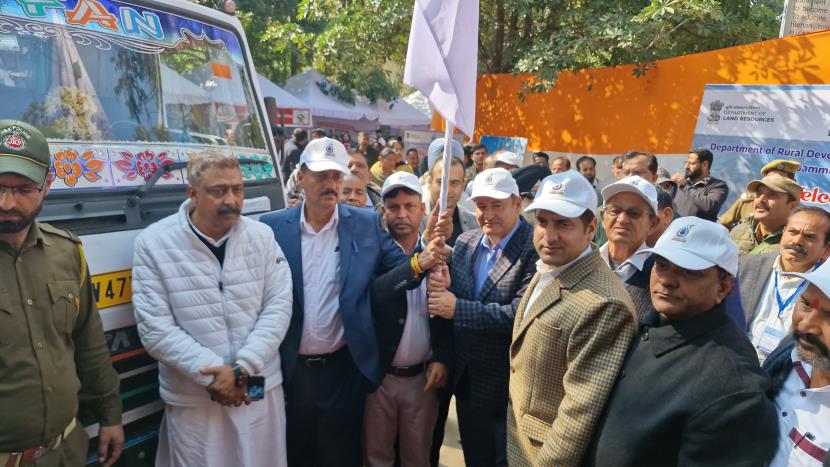
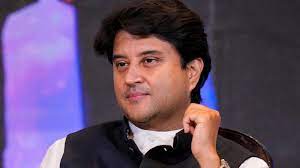
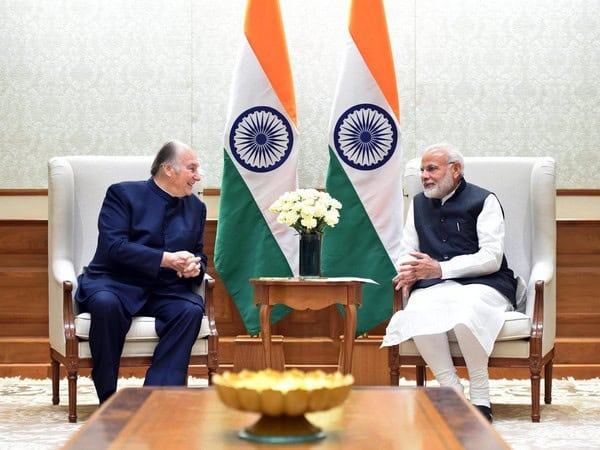
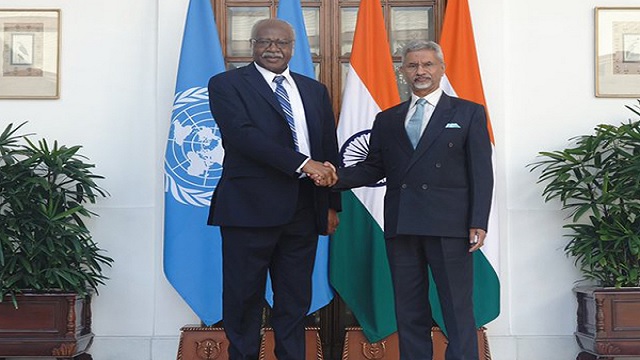
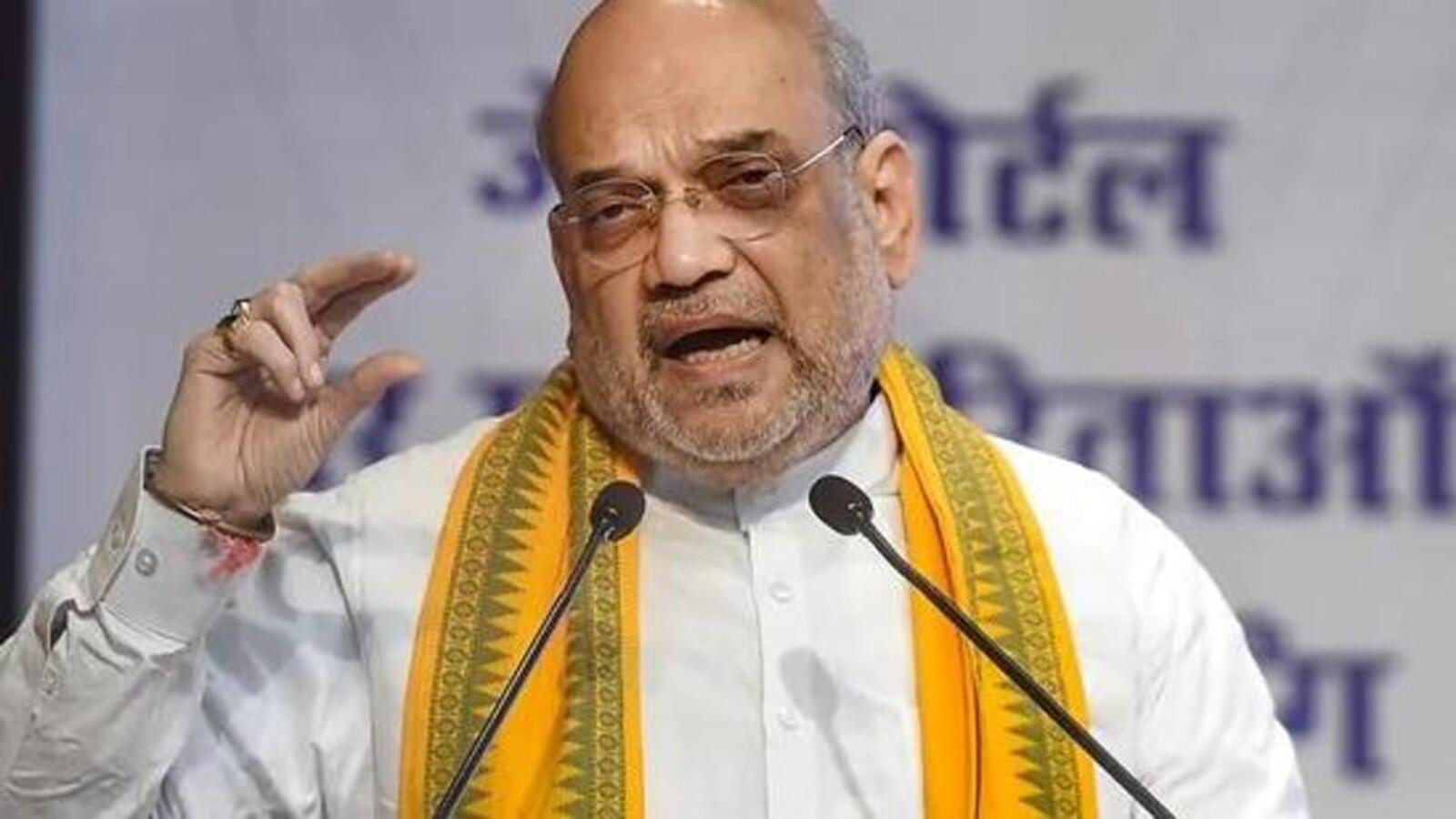

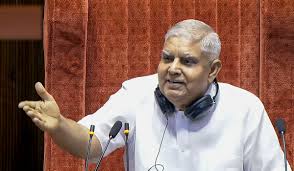
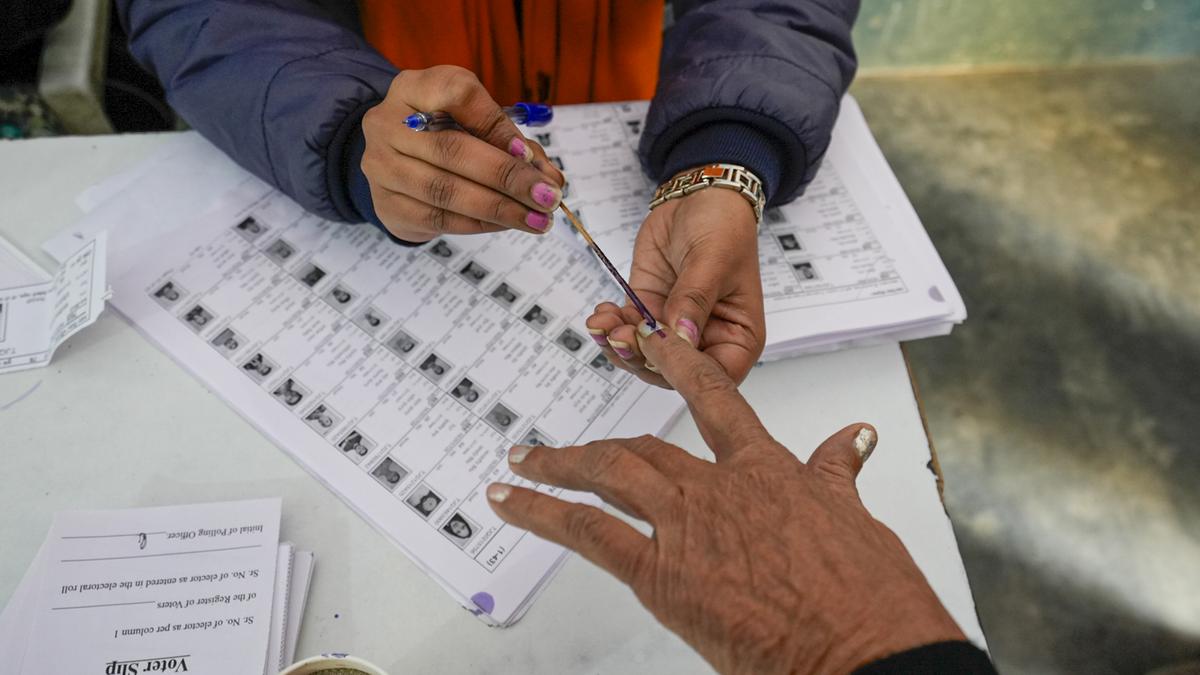
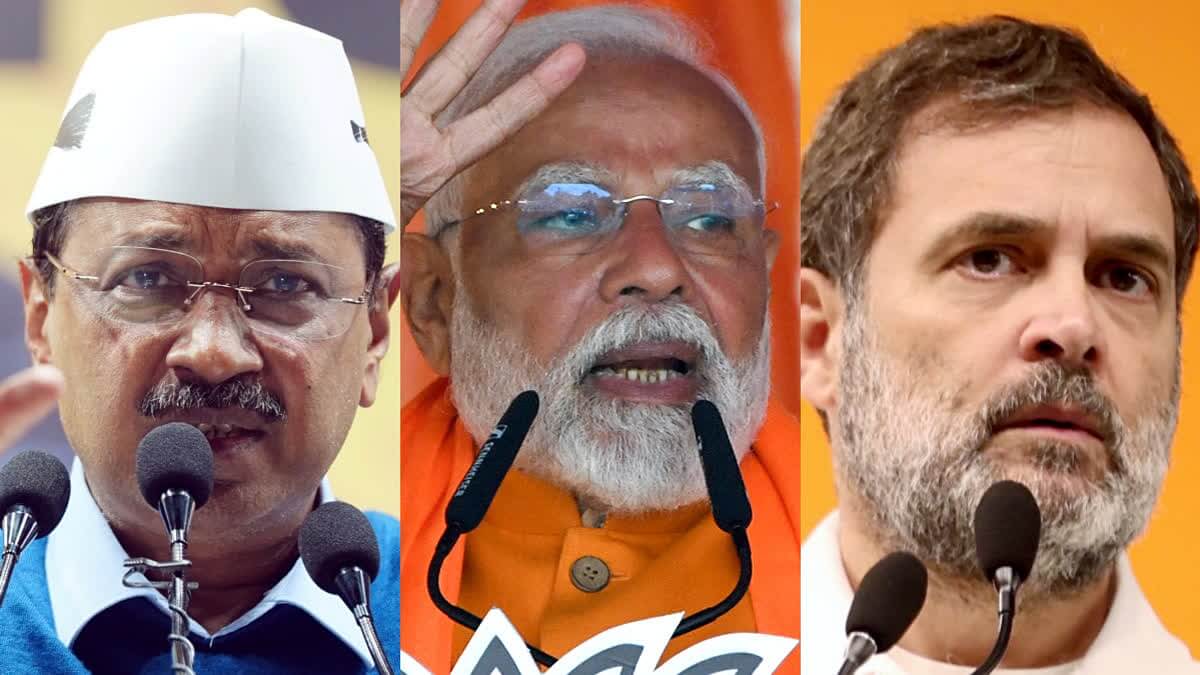
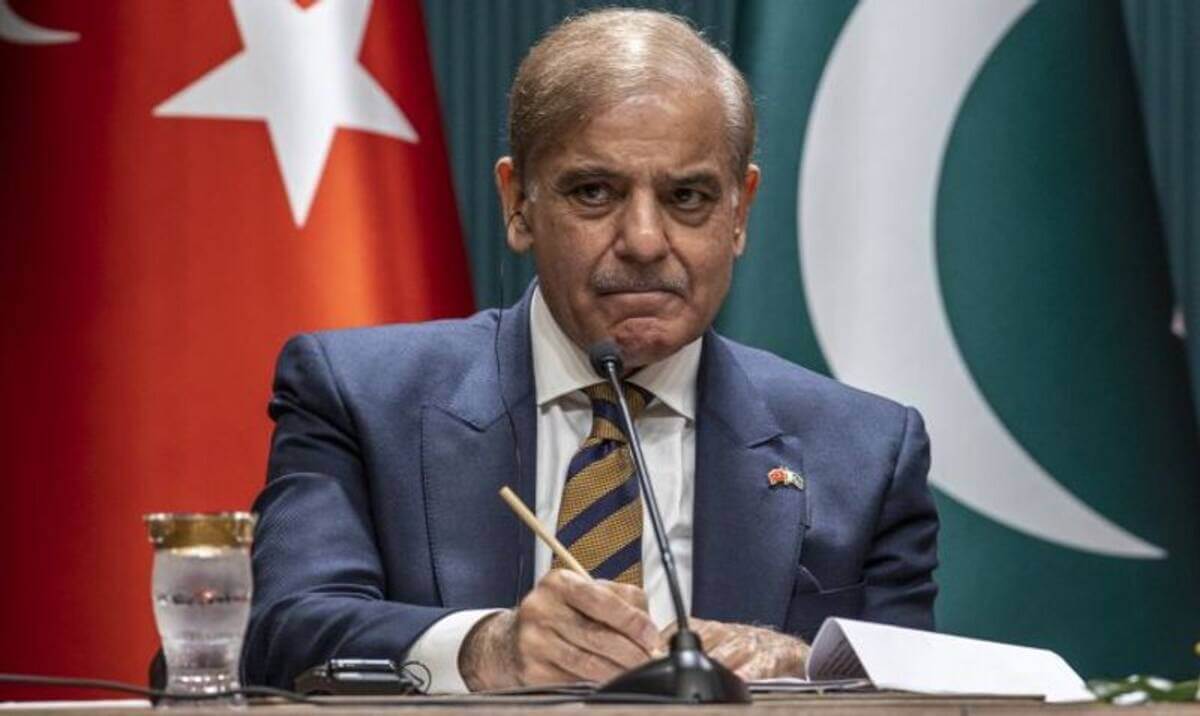
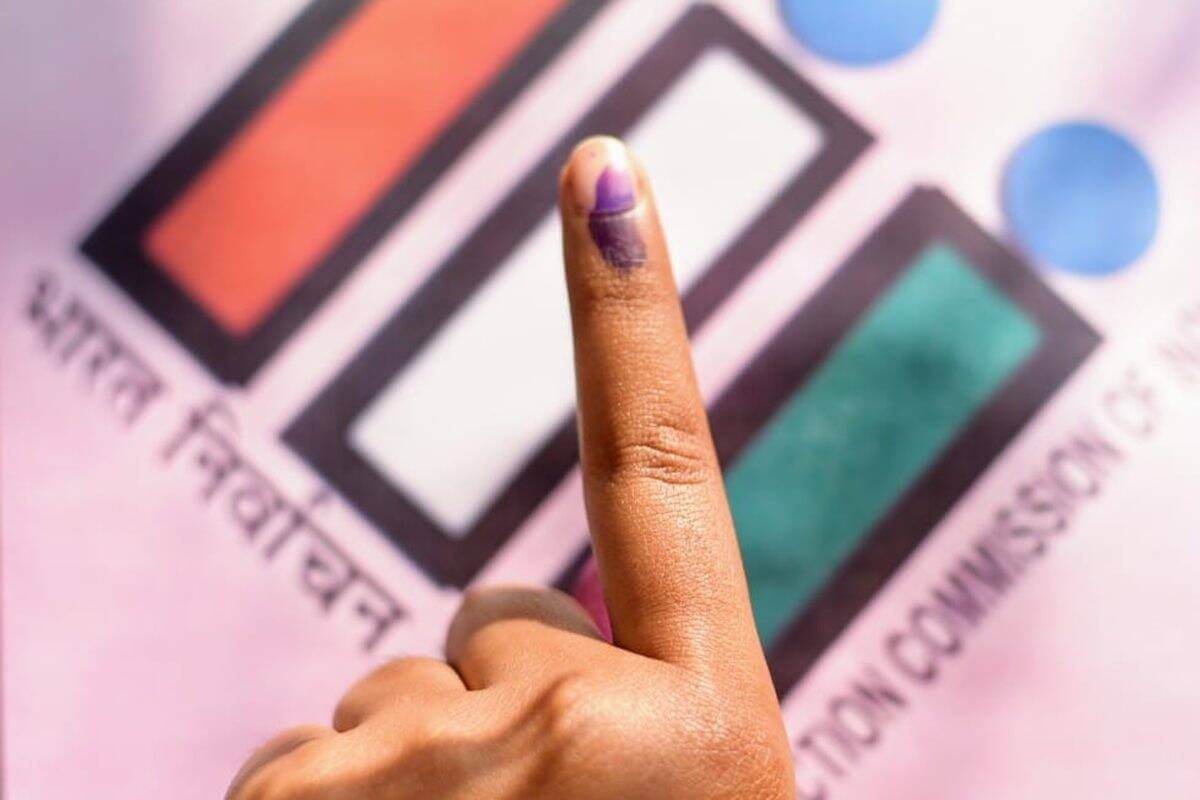
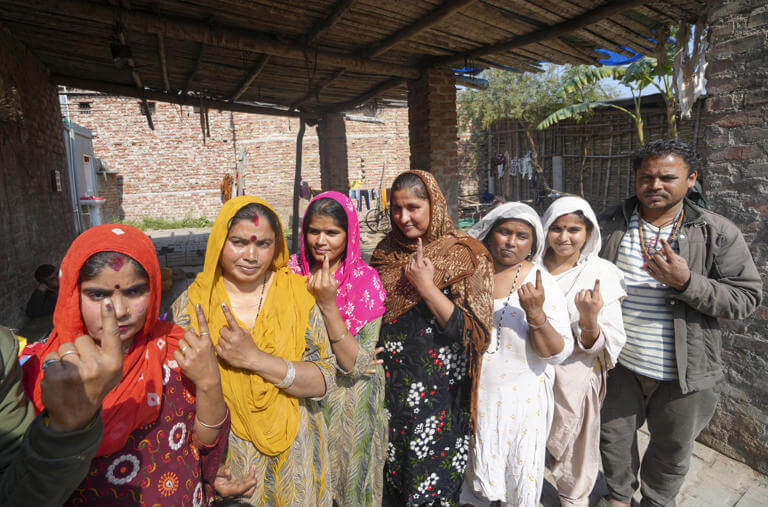
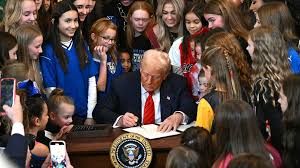

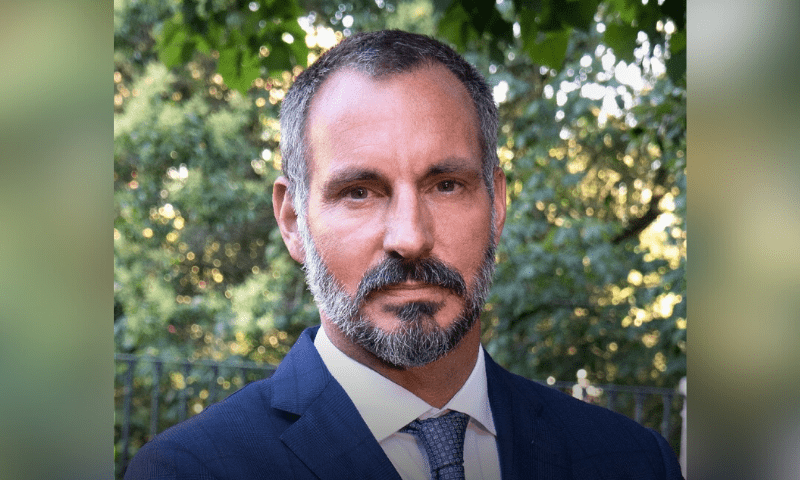

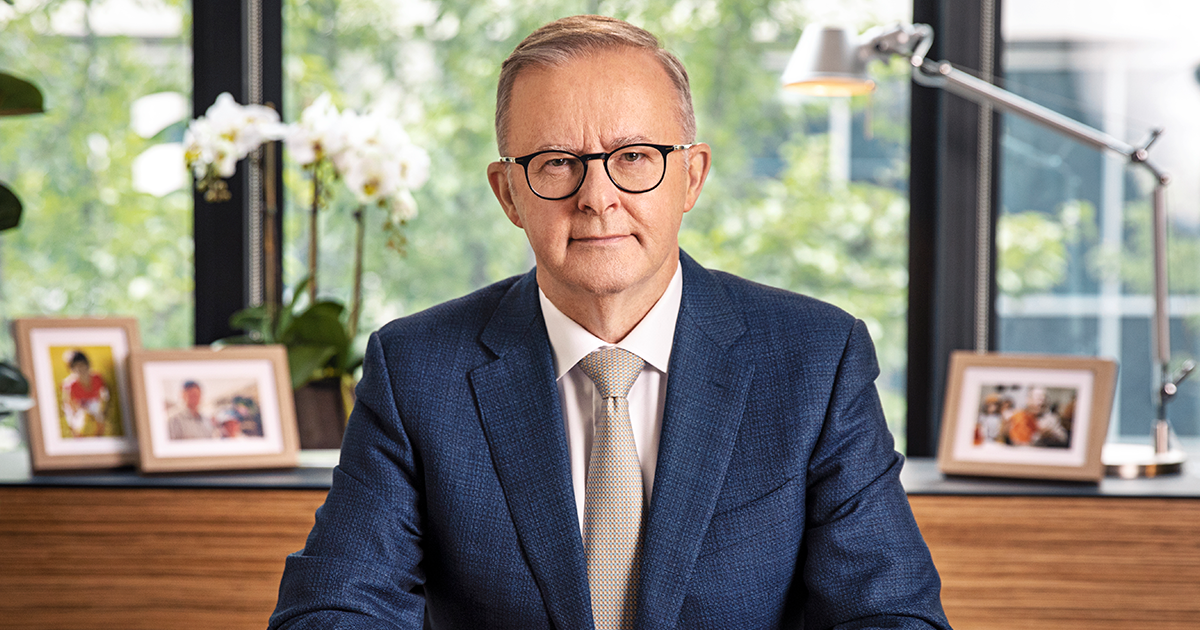

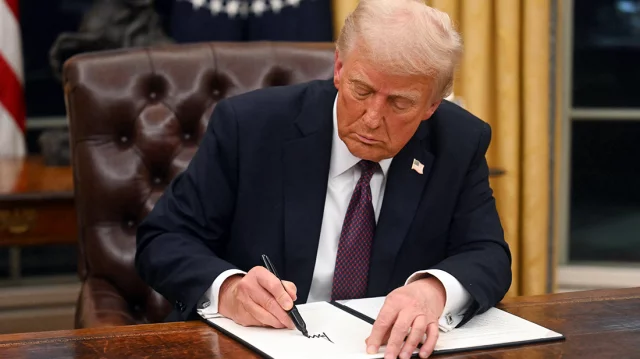
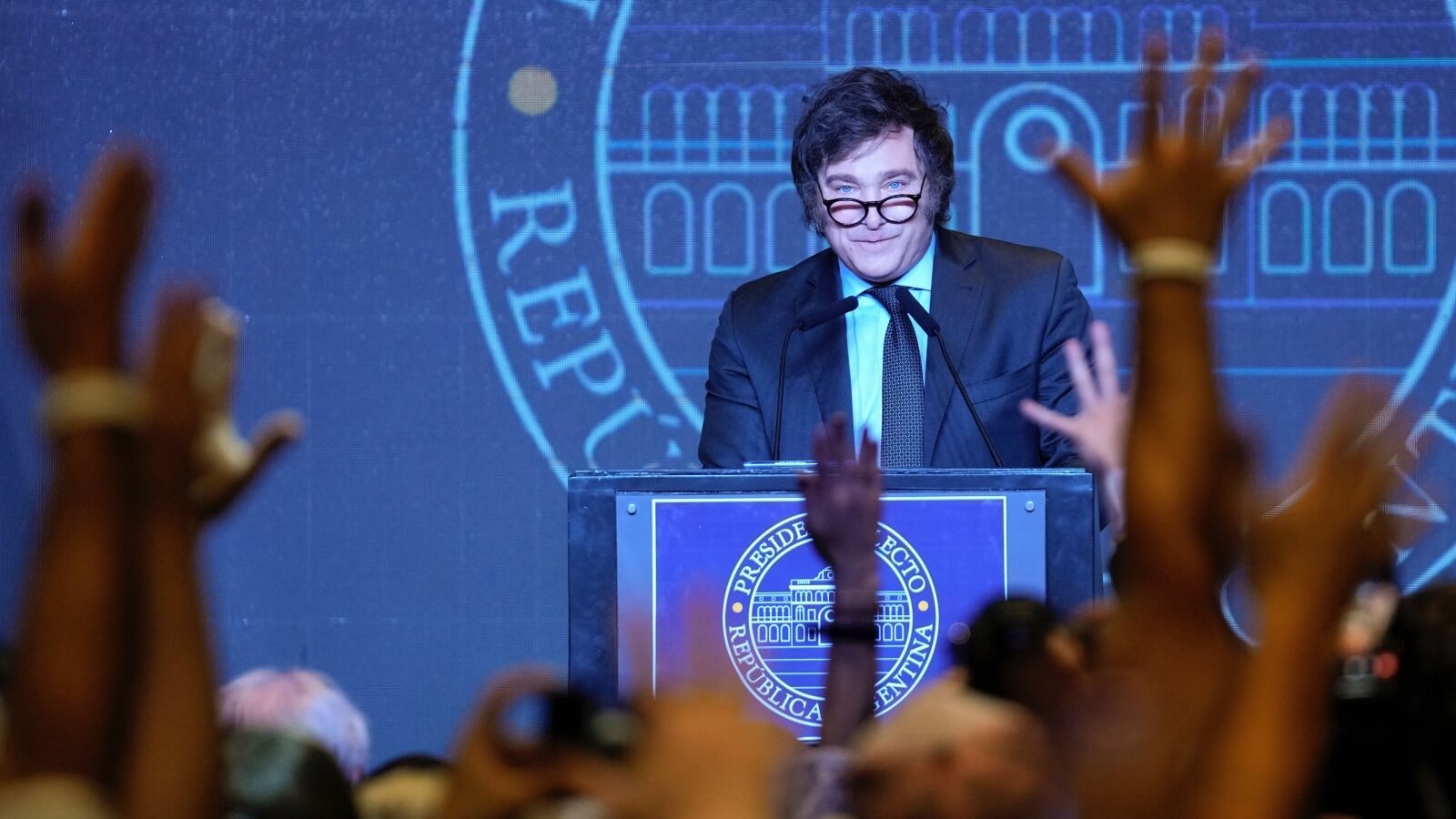
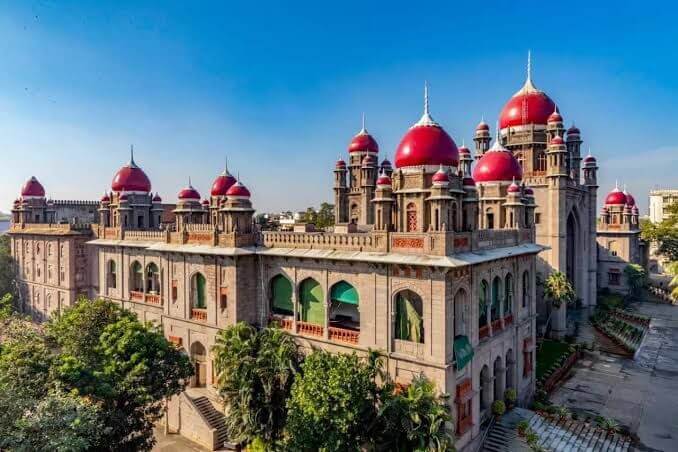
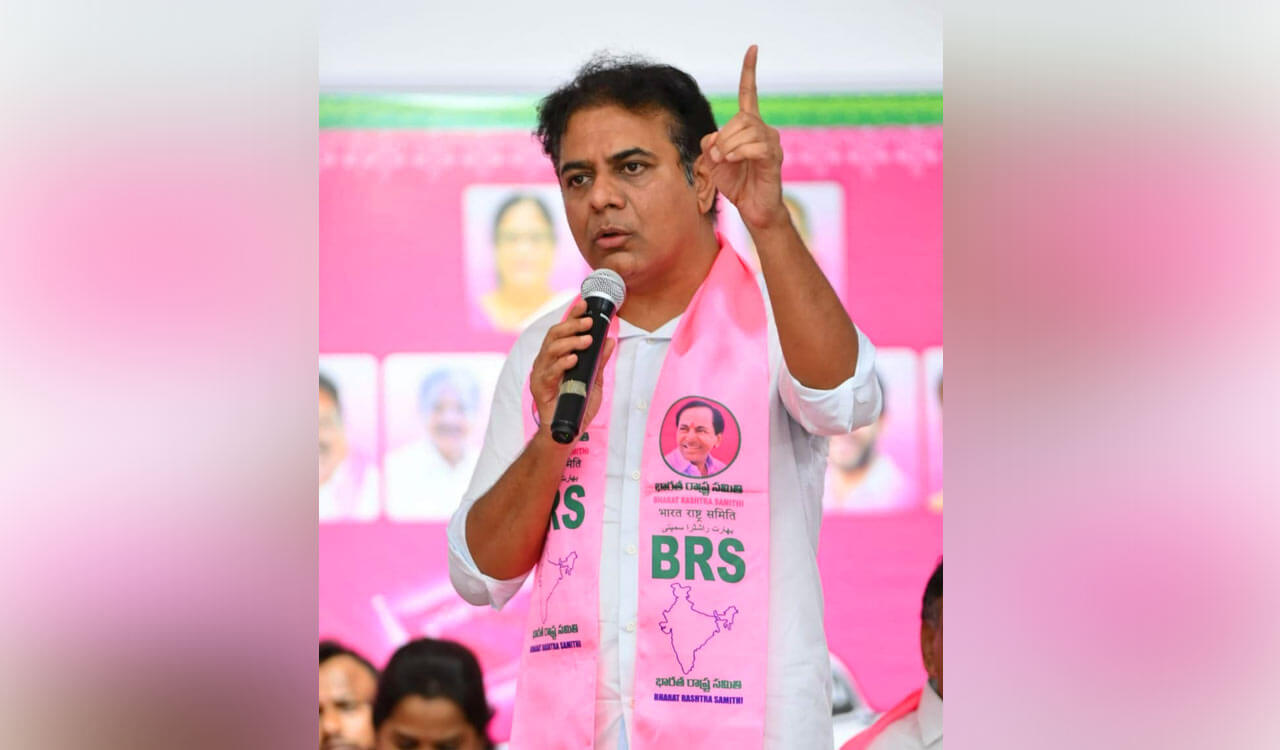
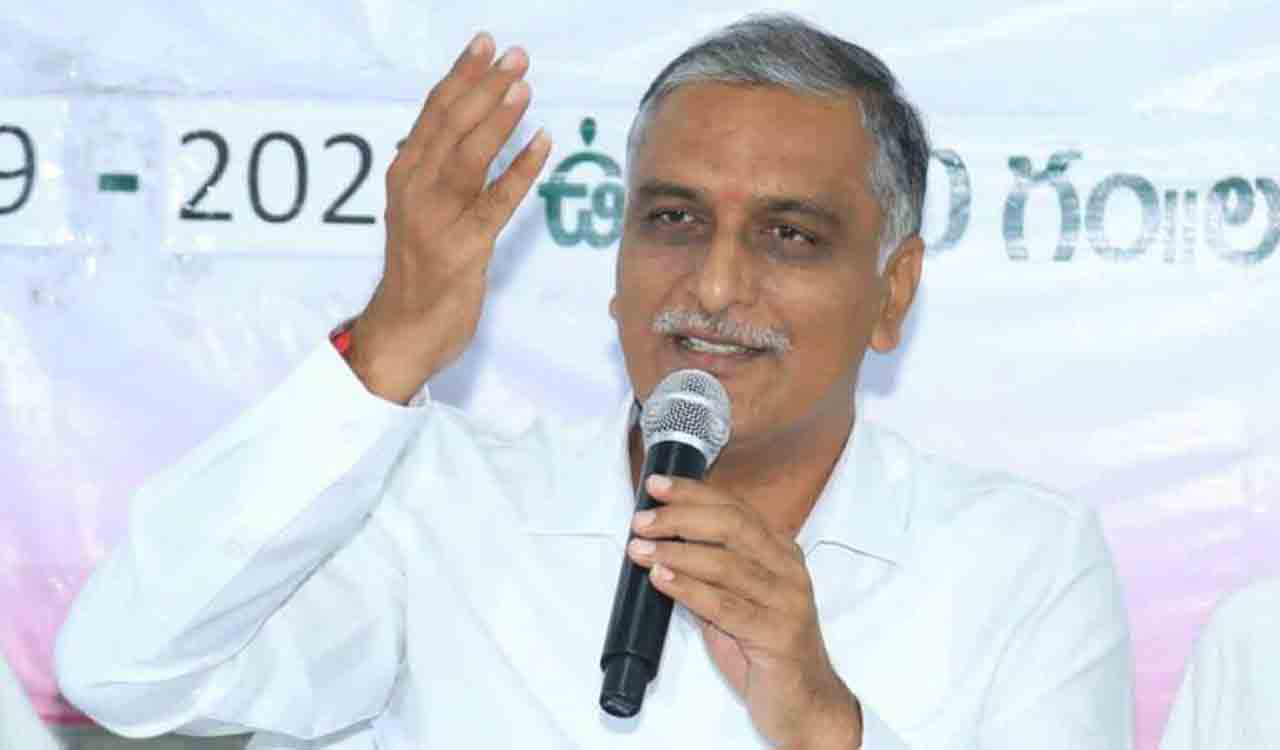
.jpg)

















